
Abramenko, for the most part, relies on character development rather than action and effects to drive the story, proving as adept at helming quieter moments as he is at handling louder sequences. For example, a horrific moment is effectively witnessed entirely through Tatyana’s night-vision binoculars. The creature itself is impressive, all limbs and gelatinous liquid, something out of a Cronenberg nightmare.
I remember falling in love with Akinshina in Lucas Moodysson’s Lilya 4-Ever; as I sadly haven’t seen her in much since then, a wave of nostalgia followed me throughout the narrative. Unflinchingly resolute, up until the moment when she allows her emotions to surface, Akinshina is, again, magnetic. Bondarchuk provides exceptional support as the “man with multiple hidden agendas,” while Pyotr Fyodorov exudes menace that borderlines campy at times.
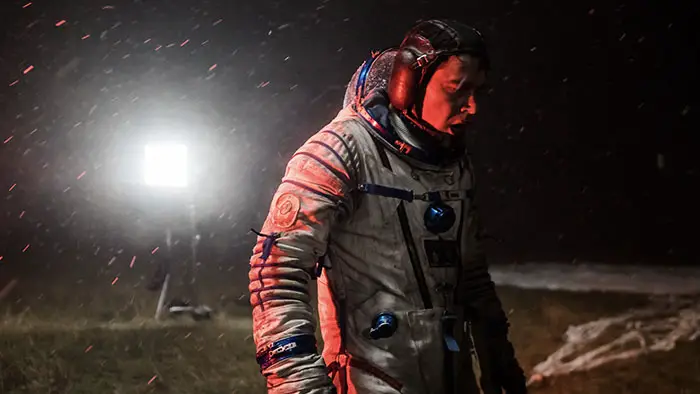
“…relies on character development rather than action and effects to drive the story…”
There are plot holes aplenty. The most glaring one: how come all these high-profile scientists don’t even consider wearing masks, if not hazmat suits, when speaking with the clearly-infected Kostya? Clearly, Sputnik was filmed before COVID-19, but even with that taken into consideration, the omission is egregious.
The movie is rife with happy coincidences. Tatyana happens to come at the exact moment of Kostya’s interrogation; while fixing a broken T.V., Kostya happens to tune in to the right channel. Taking cues from the films he so clearly aspires to, Abramenko falls victim to the trappings prevalent in said blockbusters: a thunderous score, extreme solemnity, occasional sentimentality, a schematic resolution, some sketchy dialogue, and straining of credulity. He also tries to infuse some heavy thematic elements, what with the authorities breathing down our heroes’ backs, threatening to kill Kostya if any signs of abnormalities surface publically – he’s a hero after all. This critique of the Soviet-era regime falls flat.
Despite all the flaws, Sputnik has one chief thing going for it: it holds your attention, from the first (and arguably best) twenty minutes, to the last (and arguably worst) twenty. In that sense, it wipes the floor with many of its Hollywood counterparts. Perhaps not Arrival, Aliens, or E.T. – but definitely The Astronaut’s Wife.
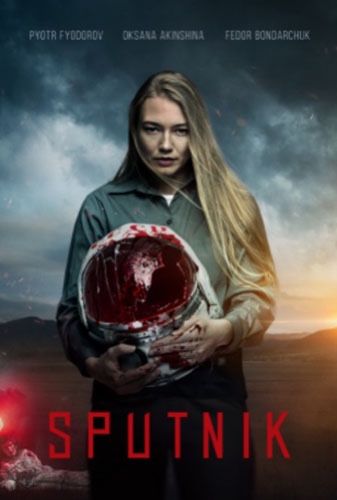
"…isn't above borrowing elements from the films that so clearly inspired him..."
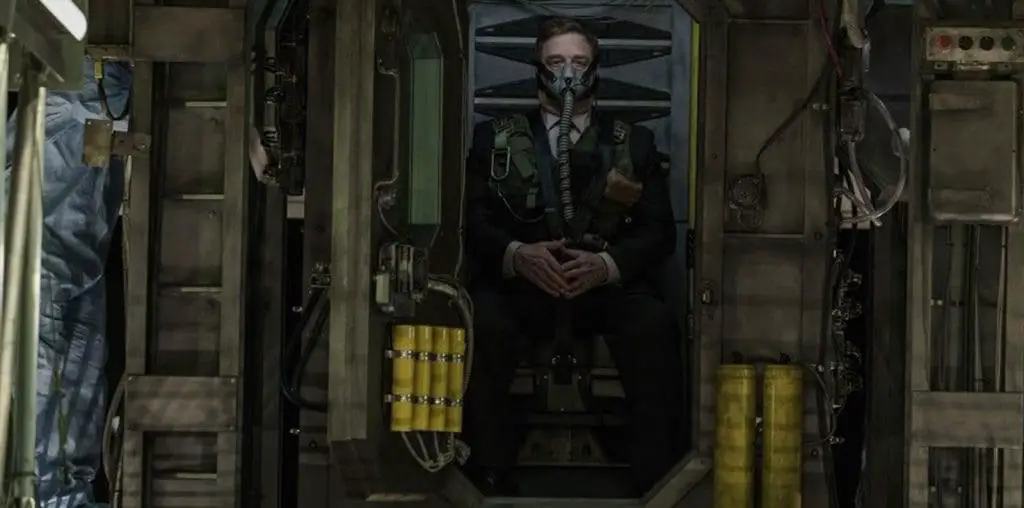
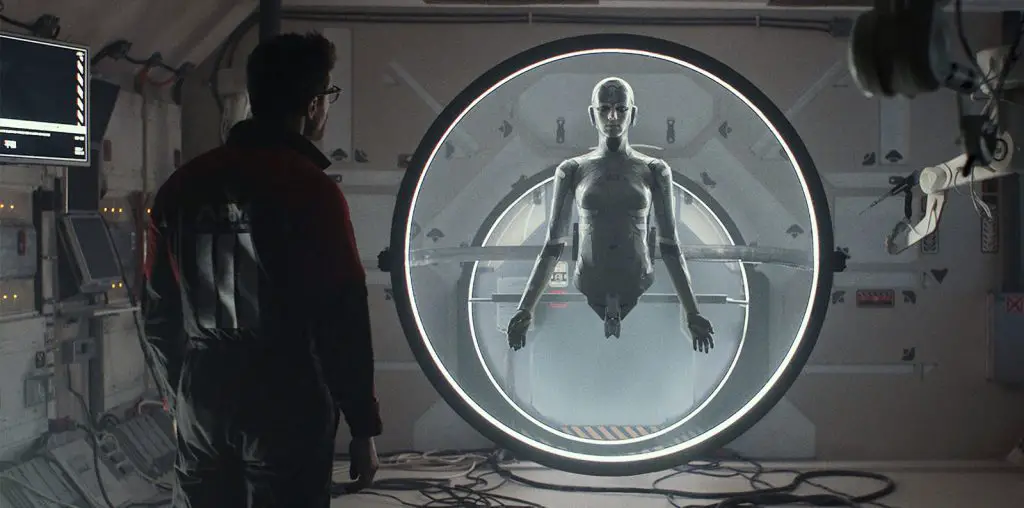
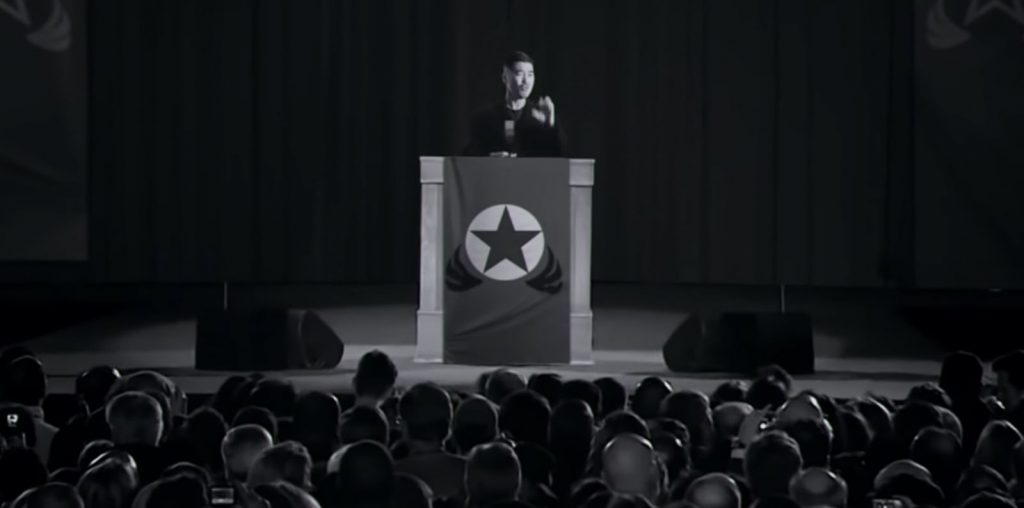
Great review, a very keen and detailed survey, complimentary and critical critical at the same time